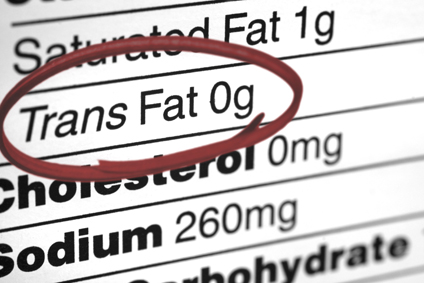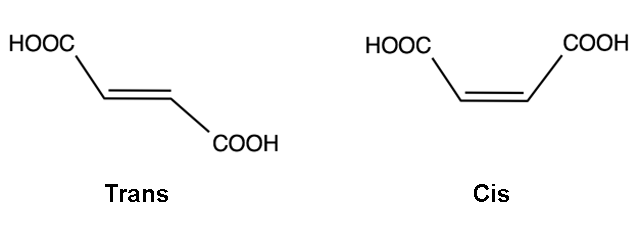FDA announces plan to regulate trans-fats
Ars Technica » Scientific Method 2013-11-07

Today, the FDA announced that it was joining New York City and other localities in regulating the use of trans-fats in food products. If the agency's plan is approved, trans-fats would no longer be considered "generally recognized as safe," which would mean any company that wanted to use them in food products would have to seek approval from the FDA. Based on the announcement, it seems that the agency will not be very interested in granting this approval.
Fats and oils that are obtained from plants and animals consist of long chains of carbon atoms. If all of the atoms are linked by a single bond, they are referred to as saturated. Unsaturated oils contain one or more double bonds linking the carbon atoms. On food labels, these are often called "unsaturated fats," with the ones having multiple double bonds called "polyunsaturated." As shown below, the double bonds can take one of two forms: cis or trans.

In all but a few cases, the double bonds found in unprocessed foods are in the cis configuration. But a number of important polyunsaturated food oils are normally found in a liquid form. By chemically modifying them, it's possible to break some of the double bonds and get the carbon bonded to hydrogen instead—this converts the oils to solids at room temperature. This process turned out to be essential for making margarine. If you've ever seen the phrase "partially hydrogenated vegetable oil," this is the process in question.
Read 4 remaining paragraphs | Comments




